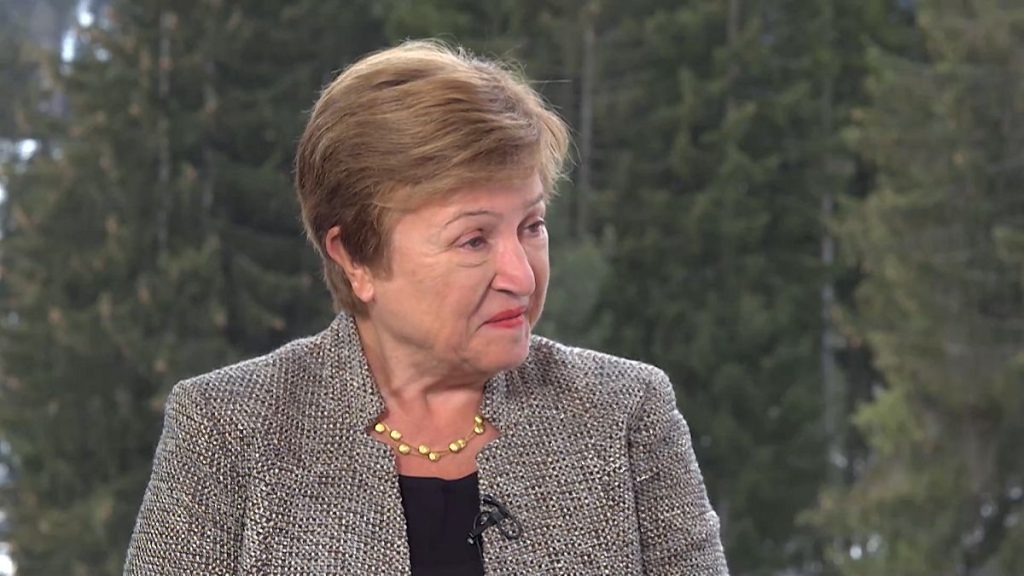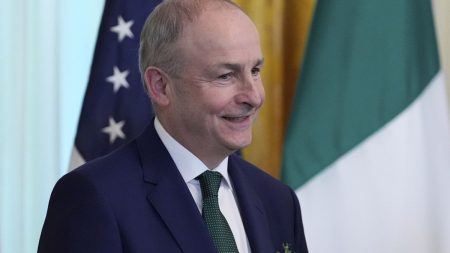Kristalina Georgieva, the managing director of the International Monetary Fund (IMF), offered a nuanced perspective on the global economic outlook during the World Economic Forum in Davos. While acknowledging a positive overall trajectory with projected growth of 3.3% for both the current and following year, and a decline in inflation, she emphasized underlying uncertainties and divergences in economic performance across regions. While the US economy exhibits robust growth fueled by high productivity, Europe faces stagnation, presenting a stark contrast in economic fortunes. Furthermore, a concerning trend of sluggish long-term growth prospects below pre-pandemic averages underscores the need for a global focus on enhancing productivity.
Georgieva highlighted three key impediments hindering Europe’s economic progress. Firstly, the absence of a fully integrated capital markets union limits the efficient allocation of capital across the continent. Secondly, investments are not consistently directed towards the most productive firms, hindering innovation and growth. Thirdly, the burden of high energy costs continues to weigh on European businesses and consumers, impacting competitiveness and overall economic performance. Addressing these challenges is crucial for Europe to unlock its full economic potential.
To bolster its competitiveness, Georgieva urged Europe to prioritize the strengthening of its single market. She stressed the importance of retaining capital within the EU, as the current trend of European savings flowing to the more profitable US market undermines domestic investment and growth. Furthermore, she emphasized the need for mechanisms to ensure that savings are channeled towards the most dynamic and innovative firms within Europe, fostering a more robust and competitive economic landscape.
Analyzing the potential impact of former US President Donald Trump’s economic policies, Georgieva identified four key areas: trade, tax and public spending, deregulation, and immigration. She noted the uncertainty surrounding the long-term effects of these policies on the global economy, particularly given the potential for retaliatory measures from other countries in response to protectionist trade policies. Trump’s threats of tariffs against both the European Union and China raise concerns about escalating trade tensions and their potential to disrupt global economic stability.
Georgieva highlighted the interconnectedness of national security and economic competitiveness. She argued that a stronger European economy would enhance its capacity to invest in defense and protect its citizens. This reinforces the importance of addressing the structural challenges holding Europe back, enabling it to achieve both economic prosperity and enhanced security.
In conclusion, the global economic outlook presents a mixed picture of positive growth trends coupled with underlying uncertainties and regional disparities. While the US economy shows resilience and strong performance, Europe faces distinct challenges that require targeted interventions. Addressing the absence of a capital markets union, directing investments towards more productive firms, and mitigating the impact of high energy costs are crucial for revitalizing European economic growth. Furthermore, navigating the complexities of global trade policies and recognizing the interconnectedness of economic strength and national security will be paramount for maintaining a stable and prosperous global economy. Europe must prioritize the strengthening of its single market to enhance competitiveness and retain capital within its borders, fostering a more dynamic and resilient economic future.














